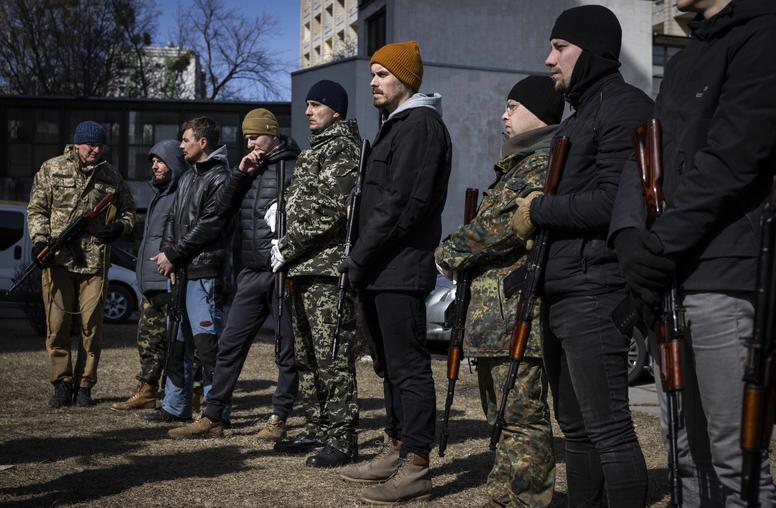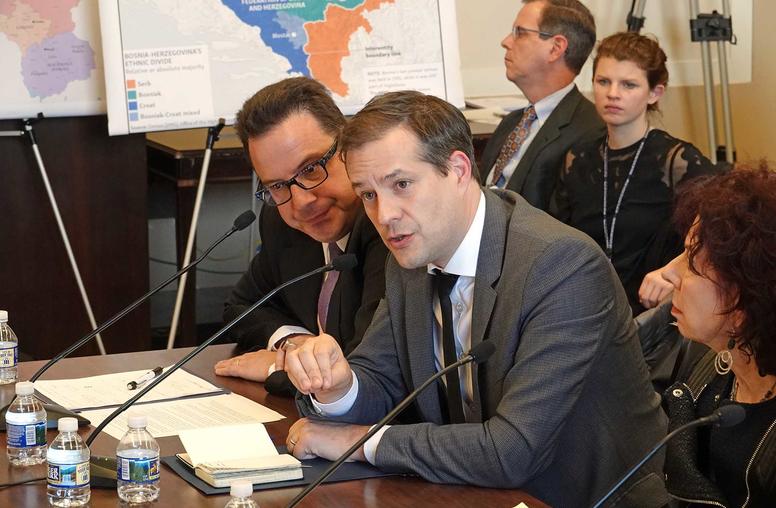Philippe Leroux-Martin
Contact
Please submit all media inquiries to interviews@usip.org or call 202.429.3869.
For all other inquiries, please call 202.457.1700
Philippe Leroux-Martin is the director of governance, justice & security at the U.S. Institute of Peace.
Before joining USIP, Leroux-Martin was a fellow with the Future of Diplomacy Project at the Belfer Center for Science and International Affairs at the Harvard Kennedy School. Prior to his fellowship, he headed the legal department of the International Civilian Office in Kosovo, the organization responsible to support and supervise Kosovo’s accession to independence. He also headed the public law unit of the Office of the High Representative in Sarajevo and acted as chief legal advisor to former Belgian Prime Minister Wilfried Martens during his tenure as chair of the Police Restructuring Commission of Bosnia and Herzegovina.
Leroux-Martin is a member of the Québec Bar. He holds a law degree from the Université de Montréal, a master’s degree in public law from the London School of Economics and Political Science and a master’s degree in public administration from the John F. Kennedy School of Government, Harvard University.
He is the author of Diplomatic Counterinsurgency: Lessons from Bosnia and Herzegovina (Cambridge University press, 2014). He has been a contributor on BBC World News, BBC Radio, CBC Radio, Al Jazeera, Radio-Canada and the New York Times.




